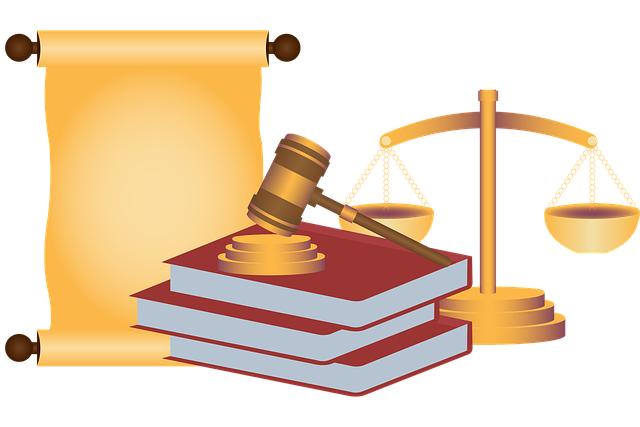Consumer protection laws safeguard individuals from deceptive business practices, focusing on product safety, advertising, pricing transparency, and data privacy. Recent reforms, including Sentencing Guidelines Reform and Policy Changes, have enhanced agency powers and promoted ethical business conduct through alternative sentencing methods. These changes aim to deter unethical practices by imposing stricter penalties with clarity and consistency, fostering trust and a fair marketplace while aligning with community expectations.
Consumer protection suits are a vital aspect of ensuring fair business practices and safeguarding individual rights. In this article, we explore critical legal developments, focusing on understanding consumer protection laws and the recent Sentencing Guidelines Reform. We delve into how these changes, along with Policy Improvements, significantly impact businesses while fostering enhanced trust and safety for consumers. By examining these key components, we aim to provide insights into the evolving landscape of consumer rights and business accountability.
- Understanding Consumer Protection Laws and Rights
- Sentencing Guidelines Reform: Impacts on Businesses
- Policy Changes: Enhancing Consumer Trust and Safety
Understanding Consumer Protection Laws and Rights

Consumer protection laws are designed to safeguard individuals from deceptive or unfair business practices. These laws cover a wide range of issues, including product safety, advertising claims, pricing transparency, and data privacy. Understanding your rights under these laws is essential for consumers looking to navigate the marketplace effectively. By being aware of their protections, consumers can better identify potential violations and take appropriate action.
Recent Sentencing Guidelines Reform and Policy Changes have further empowered consumer protection agencies while also encouraging businesses to uphold ethical standards. These reforms aim to deter white-collar crimes and ensure that companies hold accountable for any violations that harm consumers. A robust understanding of these laws, coupled with proactive compliance strategies, can help businesses avoid potential indictments in the realm of general criminal defense, fostering a fair and transparent marketplace for all participants.
Sentencing Guidelines Reform: Impacts on Businesses

The Sentencing Guidelines Reform is transforming the legal landscape for businesses, particularly in the realm of consumer protection suits. With policy changes aimed at promoting a more balanced and proportional approach to punishment, companies are facing new challenges and opportunities. Historically, strict sentencing has been a cornerstone of regulatory measures, often resulting in significant financial burdens and reputational damage for organizations found guilty of violations. However, the recent reform efforts focus on encouraging corporate responsibility and compliance through alternative strategies, such as restorative justice and community service.
This shift in emphasis is particularly notable in how it influences business practices. Companies are now incentivized to adopt proactive measures to ensure ethical conduct and consumer protection. By embracing a culture of transparency and accountability, businesses can avoid the severe consequences associated with past sentencing guidelines. Moreover, these reforms reflect a growing recognition within the philanthropic and political communities that avoiding indictment alone is insufficient; true reform involves fostering a corporate environment that prioritizes ethical practices from the outset.
Policy Changes: Enhancing Consumer Trust and Safety

Policy changes, driven by sentencing guidelines reform and guided by consumer protection laws, play a pivotal role in enhancing trust and safety among consumers. These reforms aim to deter unethical business practices by imposing stricter penalties on offenders while providing clarity and consistency in enforcement. By aligning with the evolving expectations of the philanthropic and political communities, these policy changes ensure that businesses operate within ethical boundaries, fostering a more transparent and predictable marketplace.
This holistic approach involves refining not just sentencing guidelines but also streamlining all stages of the investigative and enforcement process. A general criminal defense perspective is integrated to balance the needs of both consumers and businesses, ensuring that penalties are proportionate and fair. This collaborative effort strengthens consumer protection measures, ultimately building a more robust and trustworthy economic ecosystem.
In conclusion, consumer protection suits play a pivotal role in upholding fairness and safety in business practices. By understanding consumer rights, implementing reform in sentencing guidelines, and adopting meaningful policy changes, businesses can foster an environment of trust and enhanced customer satisfaction. These collective efforts not only safeguard consumers but also contribute to the overall health and sustainability of the market.






